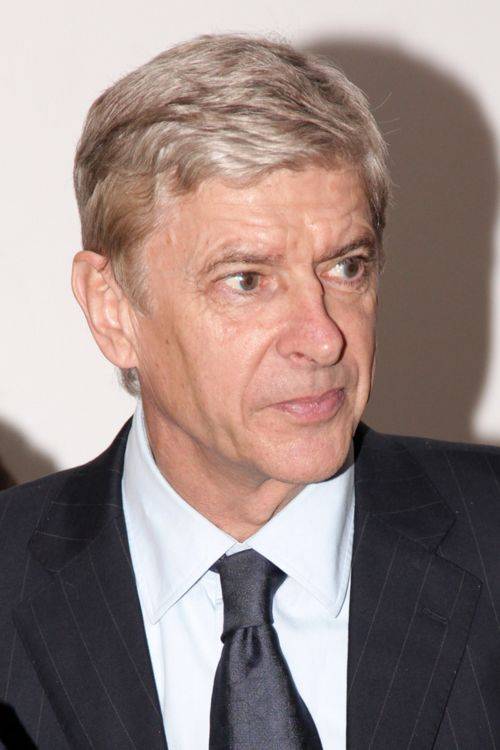The English Premier League (EPL) is all over the world and considered the most popular and commercially successful football league globally. With a global fan base spanning across continents and broadcast rights worth billions, the EPL boasts the world's best players, teams, and stadiums. It is, far and away, the most lucrative league in the world. However, in spite of its breathtaking domestic success and unmatched popularity, EPL clubs have historically been unable to exert a significant influence in European competitions, particularly in the UEFA Champions League (UCL). This contradiction of domestic dominance and European underperformance has generated controversy among football analysts, fans, and commentators.
The Unparalleled Popularity and Financial Strength of the EPL
Its rise to prominence is also a result of the convergence of multiple factors. First, its strong commercial foundation has allowed clubs to amass huge revenues from television deals, sponsorships, and merchandise. The EPL broadcasting deals ensure that matches are watched by millions of fans across the globe, making it the best television football league. Its clubs, further, are financially well endowed, courtesy of deep-pocketed proprietors and huge sponsorship deals. As a result, top teams like Manchester United, Liverpool, Chelsea, Manchester City, and Arsenal can recruit the world's top players.
Also, the quality of football being played in the EPL is widely considered to be the best in the world competitively. The league is famous for its end-to-end, high-tempo style of play, and the fact that each team has so much talent from club to club allows any given team to beat any other, creating an element of excitement and unpredictability. EPL competitiveness is at times considered part of the reasons why it's so well respected across the world. The league regularly features some of the world's best players, as well as talented stars such as Mohamed Salah, Kevin De Bruyne, and Erling Haaland, along with legendary managers such as Pep Guardiola, Jurgen Klopp, and José Mourinho.
Struggles in the UEFA Champions League
While it has performed well domestically, EPL clubs in general have found it difficult to repeat their success on the continent, particularly in the Champions League. Despite the fact that English clubs have been the dominant force in the UCL in the recent past (Chelsea managed it in 2021, while Liverpool achieved it in 2019), such triumphs have been sporadic and the consistency of EPL clubs in progressing to the later phases of the tournament (semi-finals and finals) has not rivaled that of Spanish, Italian, and German clubs.
An aspect of the key factors leading to this variation is the fierceness of European football competition. Although the Premier League is generally accepted to be the world's most competitive league, the Champions League is a different type of beast where the best clubs from every one of Europe's major leagues are competing at their best. Spanish teams like Real Madrid and Barcelona have historically ruled the competition, and Real Madrid has a record number of UCL titles. Similarly, Bayern Munich and Juventus have been consistent powerhouse teams in the European competitions. These clubs have built a stranglehold in Europe, which English clubs have not replicated.
The EPL's Fierce Domestic Competition: A Double-Edged Sword
The Premier League's competitiveness, while the main strength of the domestic arena, sometimes can be double-edged when it comes to European competitions. In La Liga or Serie A, giants like Real Madrid or Barcelona in Spain or Juventus in Italy typically enjoy a significant advantage over domestic rivals, particularly in resources, that allows them to focus more deeply on the European competition. In contrast, in the EPL, the struggle for the top-four spot is extremely competitive annually. Clubs like Manchester United, Chelsea, and Tottenham have difficulty reaching the Champions League qualification stage and so are afforded less room in which to rotate players and prioritize European fixtures.
The fixture schedule of the EPL, typically filled with numerous games, can also influence the performance of English clubs in European competitions. The hectic schedule of the league can lead to fatigue among the players, and due to less time for rest and recuperation, English teams tend to typically underperform in Europe.
Financial Imbalance and Depth of the Squad
Another reason why the EPL clubs are not performing so well in the Champions League is that there is financial inequality between the league clubs and European clubs. While the Premier League clubs have economic power due to their very lucrative domestic television deals, many top clubs in other leagues are also well-funded, albeit differently. For example, Paris Saint-Germain (PSG) has had the backing of Qatar economically, while the likes of Barcelona and Real Madrid can shell out enormous sums in the transfer market, at times even outspending the richest Premier League clubs.
Though English clubs boast deep squads, marquee signings reliance at times does not pay off. Teams like Manchester City and Chelsea, with huge spending power, have crumbled in critical European situations, typically losing to tactical shortcomings or psychological lapses in the final stages of the UCL.
Conclusion
There is no denying English Premier League's place as the most followed, watched, and financially viable football league in the globe. It has witnessed some of the most exciting football and developed some of the sport's brightest stars. But although its success domestically has been unmatched, EPL teams have been unable to translate that success into European success on a consistent basis. With such increasingly competitive leagues as La Liga, Serie A, and Bundesliga generally having a stronger historical connection with European supremacy, the Premier League still struggles to make inroads over its continental counterparts. Adding on a congested domestic league, financial imbalance, and gigantic fixture congestion means that while the EPL sides will dominate on home turf, their European ambitions typically remain unrewarded.



No comments yet
Be the first to share your thoughts!